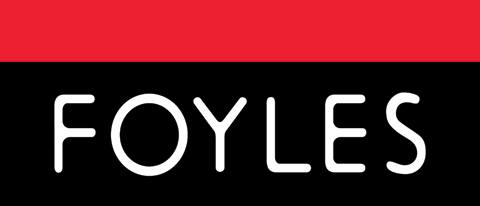The diner who browsed the menu and ordered “fish and chips“ was unlikely to have imagined this wonderful, lucky accident of what could best be described as “whale and chips“.
If you are like me, I’m often surprised when food I’ve ordered is not quite what I was expecting. Sometimes in holiday resorts, there are pictures – often unappealing (with that unappealing quality enhanced by a shiny plastic finish of some kind) of what the meal will be like – helpful if language is a potential barrier. Usually though, there is a description, and from that description we imagine what the meal will be like and then make our decision on what to order.
Alfred Korzybski* in his book “Science and Sanity” written in the 1930s coined the phrase “the map is not the territory“. His thinking was that you have to experience something fully to truly know it; a map (or model) is not enough. Models stand to represent things, but they are not identical to those things.
I often speak to my clients about the idea that “all the learning is in the doing“ i.e. the experience is the thing that is paramount and allows us to make true and good decisions. I’m particularly fond of ‘Pilot Projects’ because Pilot Projects never fail… they’re simply a comfortable way of learning through the doing.
* The expression “The map is not the territory” first appeared in print in “A Non-Aristotelian System and Its Necessity for Rigour in Mathematics and Physics”. The paper was reprinted in “Science and Sanity”, Alfred Korzybski 1933

/Amazon_(company)-Logo.wine.png)


